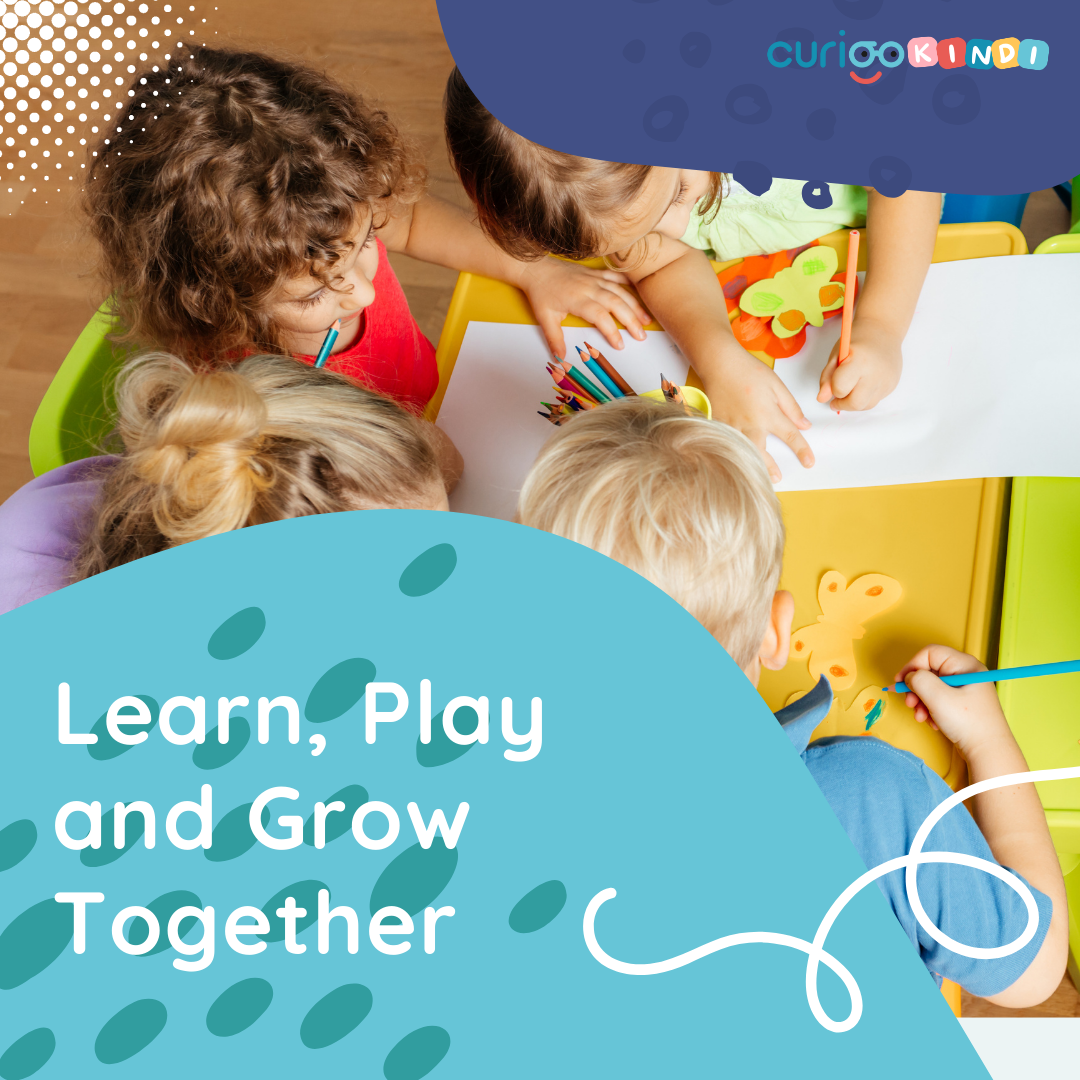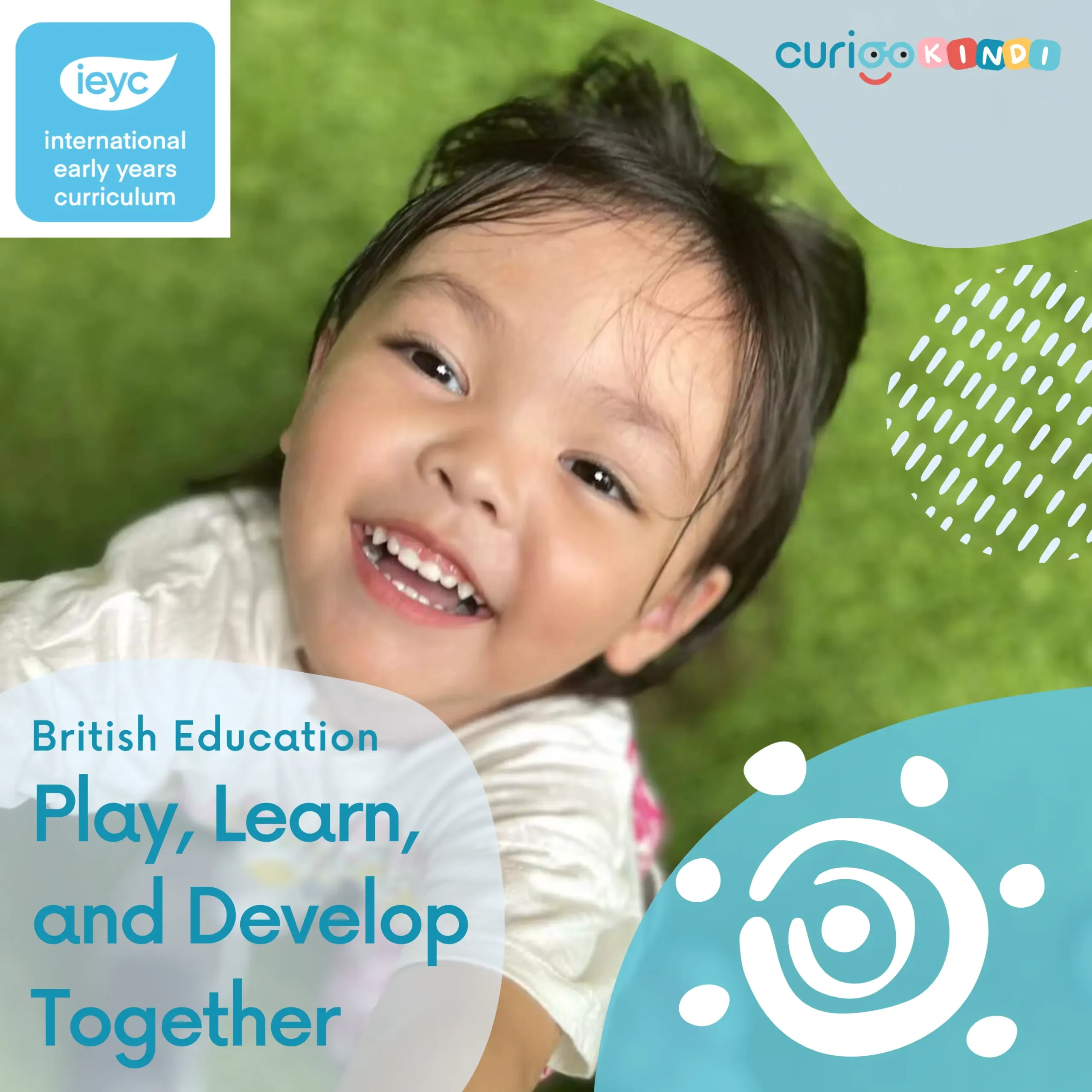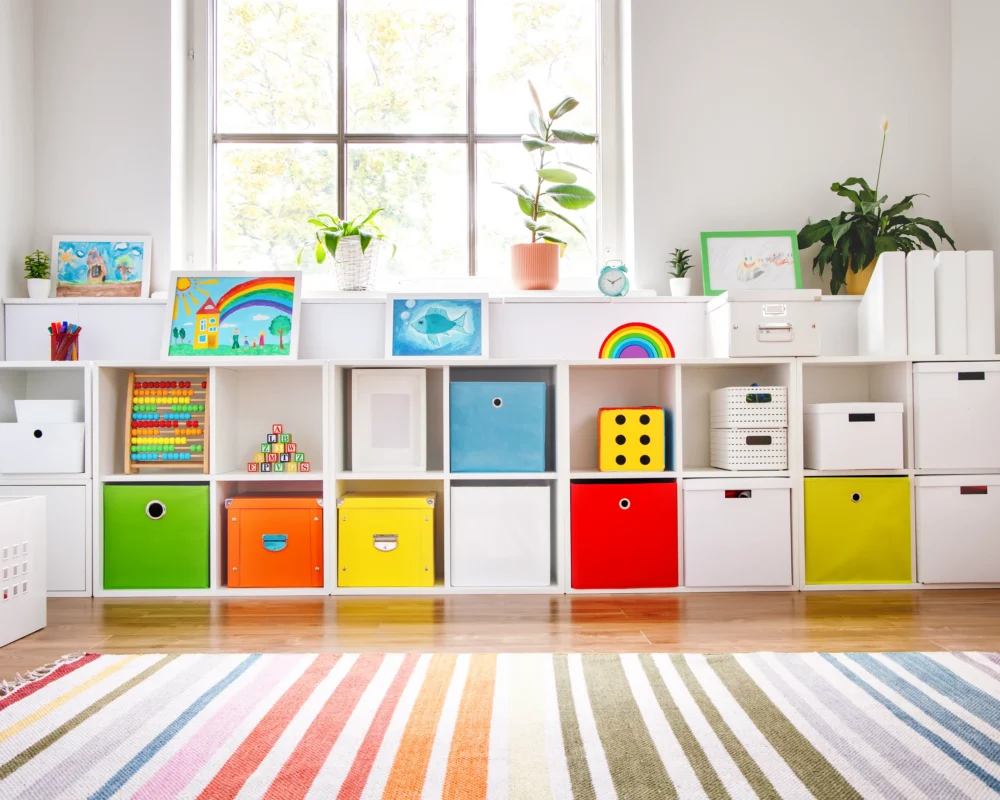We are an international education group focused on Early Childhood Development.
Play Video
Our history
CURIOO Kindi is part of CURIOOkids, an international education company that is headquartered in Sydney, Australia. CURIOOkids. We are dedicated to nurturing the next generation of entrepreneurs, designers, scientists, and leaders through innovative learning programmes. These programs aim to develop practical and behavioral skills, emphasizing a high-quality learning environment, creativity within educational spaces, and support for parents in guiding their children’s educational paths.
- 37 Learning Studios globally
- Operating in 9 Countries
- 5000 young learners
Our Curriculum Philosophy
At CURIOO Kindi we adopt a British themed education of our early learners. The International Early Years Curriculum (IEYC) is designed to foster comprehensive, playful, and inquiry-based learning experiences for young children. It emphasizes a holistic approach to early childhood education, integrating thematic learning with play-based methods. The curriculum is built around several key principles, including nurturing children’s natural curiosity, promoting independence and interdependence, and encouraging a sense of international mindedness. The IEYC aims to develop children’s communication, exploration, and healthy living skills, setting a strong foundation for lifelong learning.
Ensuring a well-rounded approach to early education, it offers flexibility for CURIOO Kindi’s innovation learning programmes, to adapt the curriculum to our specific contexts, encouraging a partnership with parents and valuing their contributions to the learning process. Through thematic units of learning, the IEYC provides rich, engaging content that captures children’s interests, integrating creativity, art, the environment, and play in all aspects of learning. This approach not only makes learning motivating and fun but also ensures that the early years of education are valued for their intrinsic worth, laying the groundwork for a smooth transition to primary education.


Parents as Partners
The International Early Years Curriculum (IEYC) actively involves parents in the educational journey of their young children, recognizing them as pivotal partners in this developmental phase. It emphasizes the importance of home learning and encourages continuous engagement and communication between the school and the family. Through thematic units, the IEYC provides suggestions for parents on how to extend learning at home, fostering an environment where children can continue to explore, question, and discover in the comfort of their own home. This collaborative approach not only enriches the child’s learning experience but also empowers parents to contribute meaningfully to their child’s development, ensuring a cohesive and supportive learning environment both at school and at home.
Moreover, the IEYC’s philosophy acknowledges the critical role of parents in supporting and contributing to their child’s ongoing educational journey. The curriculum integrates activities that require parental involvement, facilitating opportunities for parents to participate in school events, projects, and discussions about their child’s progress and learning pathways. This inclusion helps in building a strong community around the child, where educators and parents work hand in hand to nurture the child’s curiosity, resilience, and international mindedness. By embedding continuous evaluation and reflection that incorporate learning connections to the home, the IEYC aims to create a seamless learning experience that values the contributions of parents as key stakeholders in their child’s early years of education.
Health & Safety
Safety and health standards in our classrooms are crucial for creating a secure and healthy learning environment for young children. These standards encompass various aspects, including physical safety, hygiene, emotional well-being, and environmental health, to ensure a comprehensive approach to childcare and education. Read about how much importance we take in our Health and Safety standards:
- Physical Safety: Classrooms and play areas are equipped with child-safe furniture with rounded corners, secure shelving, and non-toxic materials. Emergency exits, fire extinguishers, and safety drills are mandated to prepare for emergencies. Play equipment should meets safety regulations to prevent accidents.
- Hygiene Practices Good hygiene practices are essential, including regular handwashing, sanitary storage of food, clean and accessible restrooms, and routine cleaning and disinfection of surfaces and toys. This helps minimize the spread of illnesses.
- First Aid and Illness Policies Staff trained in pediatric first aid, CPR, and the recognition of common childhood illnesses ensures a quick and effective response to health concerns. Clear policies on handling sick children help prevent the spread of infections.

